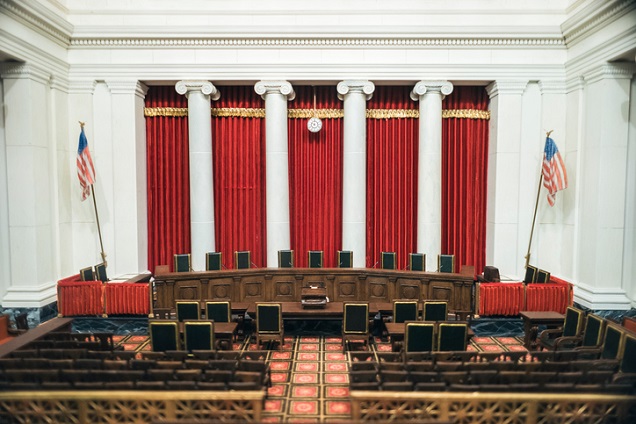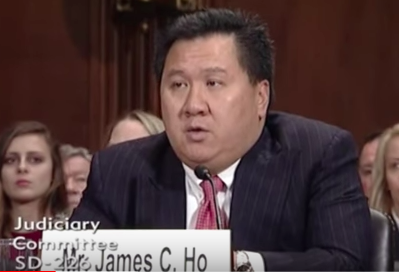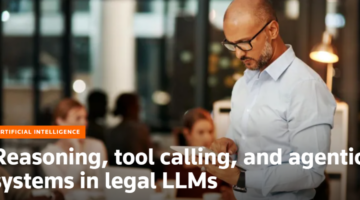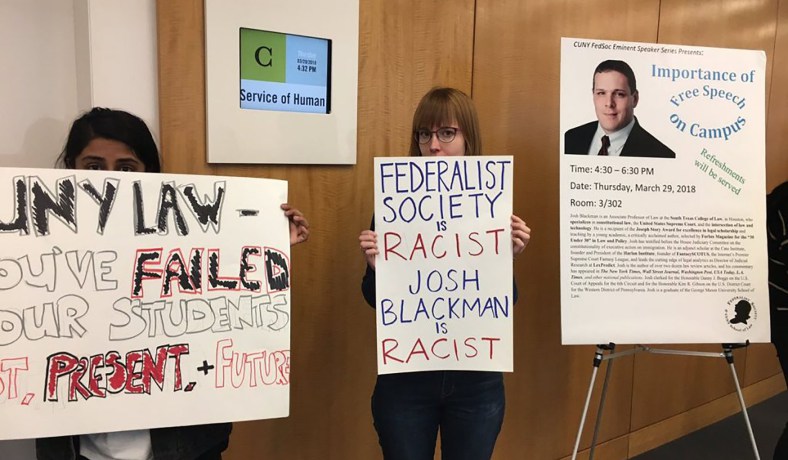
Non-Sequiturs: 08.26.18
* Jane Genova explores the implications of Jones Day's representation of the embattled Cardinal Donald Wuerl, former bishop of Pittsburgh. [Law and More] * Why did President Trump (or his personal lawyers) allow White House Counsel Don McGahn to speak so freely to special counsel Robert Mueller? Here are some thoughts from veteran litigator Joel Cohen. [The Hill] * As I recently discussed with Judge Jeffrey Sutton, Chevron-style deference to administrative agencies is being reconsidered in a number of states -- and you can add Ohio to that list, as Eugene Volokh notes. [Volokh Conspiracy / Reason] * Charles Glasser calls out the Washington Post for its selective invocation of the value of transparency. [Daily Caller] * If you're an ambitious law student or lawyer, then you need to watch your words on social media, as this report from Patrick Gregory makes clear. [Big Law Business] * The justices will consider more than 1,000 certiorari petitions at the "long conference" on September 24 -- and Adam Feldman identifies some of the standouts. [Empirical SCOTUS] * Speaking of SCOTUS, if you'll be in or near New Haven this coming Wednesday, please join me and Linda Greenhouse for a wide-ranging discussion of President Trump's transformation of the federal judiciary. [Yale Federalist Society] * The World Bank launches the world’s first BONDI, or "blockchain operated new debt instrument," with an assist from King & Wood Mallesons. [Artificial Lawyer]

















